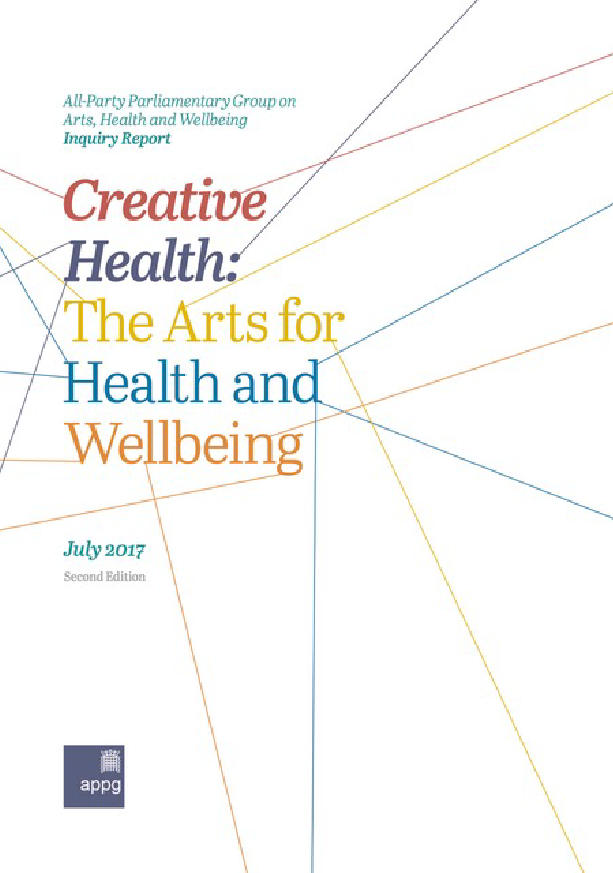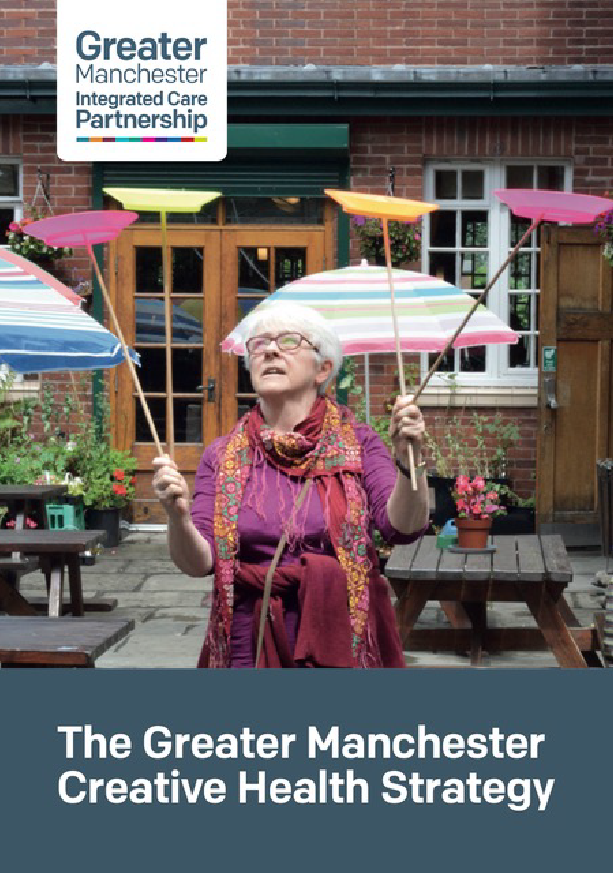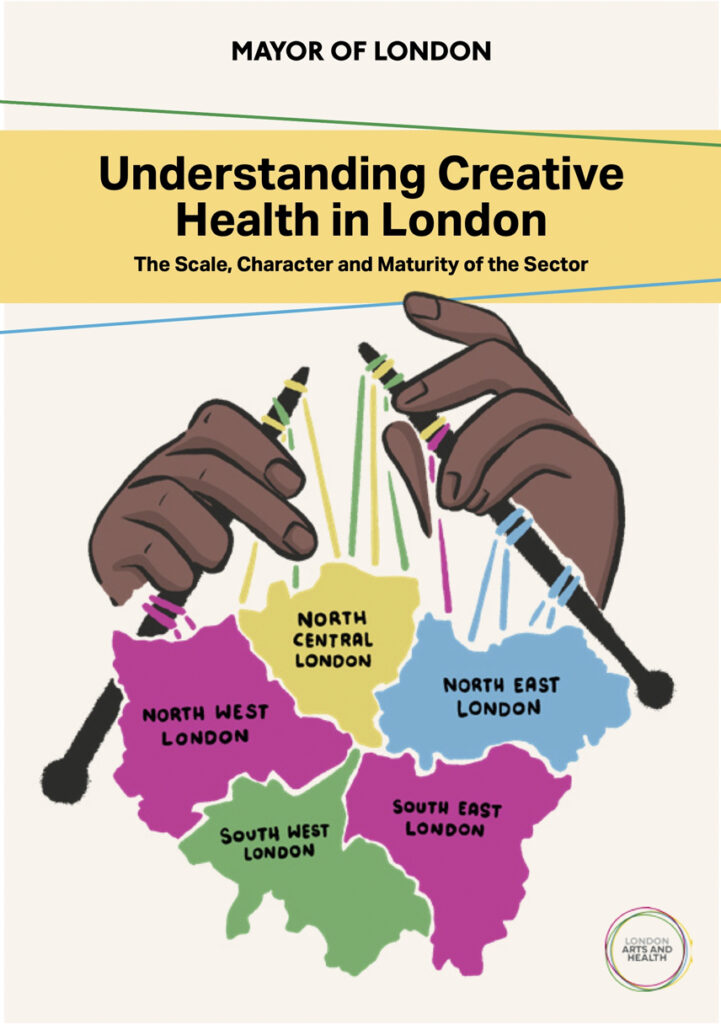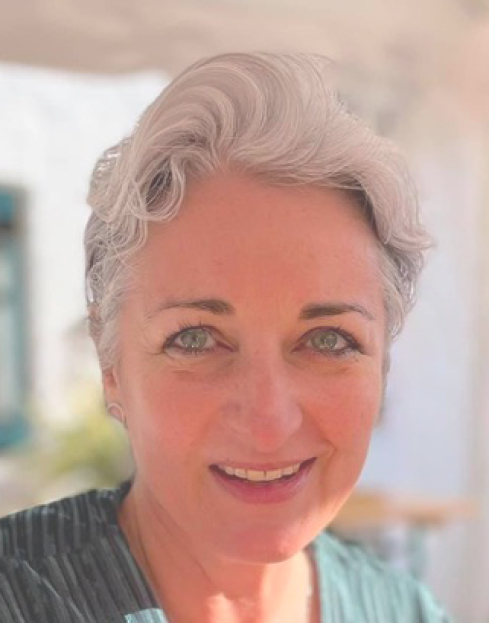
Creative Health Research and Consultancy
Creative health is a way of thinking and working that acknowledges the health and wellbeing benefits of being creative and engaging with culture and heritage.
Dr Rebecca Gordon-Nesbitt has unparalleled knowledge of creative health at the intersection between practice, policy and evidence.
Rebecca has worked in Parliament and with the Greater London Authority, Greater Manchester Combined Authority, London Arts & Health and many universities, trusts and foundations.
She drafted the parliamentary report that gave the movement its current name, and she has done much to advance the argument that creative-health approaches can increase equity.
Policy
Policy provides the blueprint for an exciting new future. It can describe change at local, national, regional or international level. The most persuasive policy is often underpinned by evidence. This might be in the form of research or evaluation, or it might involve listening to other people’s stories.
Strategy
Once a commitment has been made to working in a certain way, it can be helpful to look at how and where change will be most effective. This involves looking at existing strategy and finding evidence and practice examples to illustrate how policy objectives can best be met.
Scoping
Before thinking about how change can be inspired through policy or strategy, it is important to have a clear picture of how things currently are. After a policy or strategy has been implemented, it is helpful to take stock of what has happened and the impact it has had.
Research
Research can be quantitative or qualitative; it can rely on big data or on more subjective accounts. It can be undertaken at first hand, through close analysis of a particular topic or field of action, or it can involve reviewing first-hand research to build a compelling picture.
News
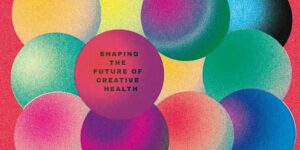
Uncategorized
Shaping the Future of Creative Health: Innovation and Collaboration
On Tuesday 27 May 2025, Rebecca will be taking part in a panel discussion as part of a one-day conference organised as part of the
May 24, 2025
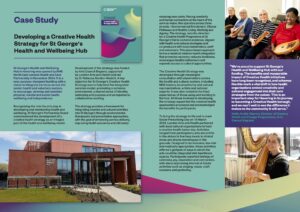
Uncategorized
Case Study: St George’s Creative Health Strategy
A case study has been published, outlining how St George’s Creative Health Strategy was developed and offering glimpses of its content.
May 22, 2025
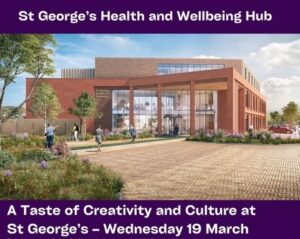
Uncategorized
A Taste of Creativity and Culture at St George’s
Rebecca is devising an arts strategy for St George’s Health and Wellbeing Hub in Hornchurch (London Borough of Havering). To inform the eventual programme, Rebecca
March 6, 2025
